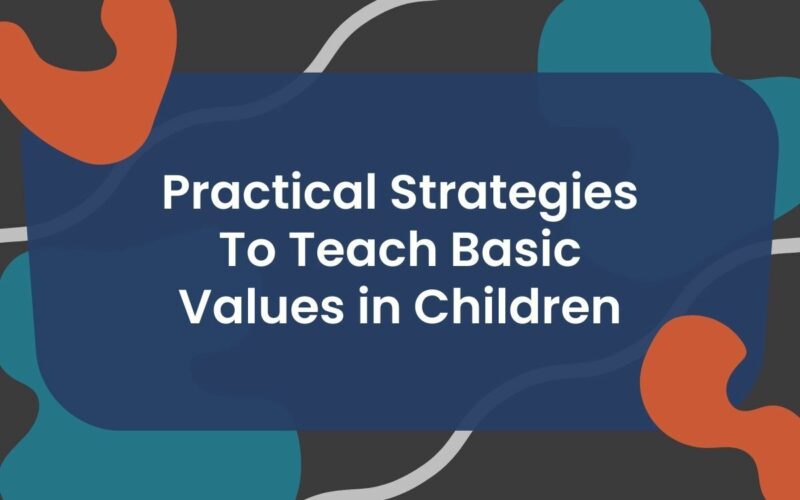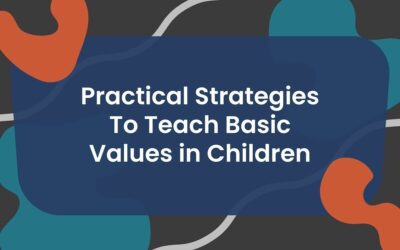What greater joy than a child’s face as she opens a gift? Think of a child who gets the toy he has long wanted – and hinted about?
Then reality sets in. What child who gets one of something doesn’t want two or three or ten? We could break the bank giving them what they want – just to see that reaction again.
But of course that’s not how it works. The joy comes from the surprise in the moment. The 18th of something does not elicit the same joy as the first.
Yet these toys are a great way to begin the conversation around values and responsibility. Kids won’t respond to heavy handed lectures on how much something costs – too abstract – but those toys are great tools to discuss bigger life lessons.
How much does that car cost? 4,000 Barbie dolls. Another Dad talked about having to replace a boiler – to the tune of 3,500 Pokemon cards. What’s the difference between buying this or that? It can always be said in the currency that matters the most to them: their favorite toy.
Our dads have come through with some good thoughts on teaching values and responsibility to kids:
Assigning Chores and Responsibilities:
One of the most effective ways to teach children responsibility is by assigning age-appropriate chores and responsibilities around the house. Start with simple tasks such as making their bed or putting away toys, and gradually increase the complexity as they grow older. Encourage them to complete each task on time and to the best of their ability. This not only teaches them valuable life skills but also instills a sense of accountability for their actions.
Encouraging Decision-Making:
Give your children leeway to make decisions in the controlled environment of home. Allow them to choose their extracurricular activities, decide how to spend their allowance, or make decisions about their personal belongings. Guide them through the decision-making process, helping them weigh the pros and cons of each option. This will help with learning responsibility, consequences, independence, and critical thinking while teaching them to take ownership of their choices.
Teaching Financial Literacy:
Financial responsibility is an essential life skill that children should learn from an early age. Introduce basic financial concepts such as budgeting, saving, and sharing. Give them opportunities to make decisions around money with allowances. Encourage them to set savings goals for things they want to buy, teaching them the value of patience and delayed gratification. Additionally, involve them in charitable activities such as donating toys or volunteering in order to instill a sense of social responsibility and empathy.
Learning Consequences through Accountability:
As a parent, the hardest part might be allowing children to experience the consequences of their actions, such as having to replace something when it breaks or gets lost. If they accidentally damage a toy or lose a personal item, instead of immediately replacing it for them, involve them in the process of rectifying the situation. This could involve using their allowance or savings to cover the cost of replacement or repair. By taking responsibility for their actions and experiencing the consequences firsthand, children learn the value of taking care of their belongings and the importance of accountability. This will help instill a sense of ownership and teach them to think twice before acting impulsively.
Leading by Example:
Your kids will see (and often copy) things they see you do, making it crucial for you to lead by example. Demonstrating responsibility in your actions—such as fulfilling commitments, managing time effectively, and taking care of possessions—sends a powerful message to your children. Show them that being responsible is not only important for personal success but also for building trust and respect in relationships. Your actions speak louder than words, so strive to be a positive role model for your children.
We want to see our kids thrive and succeed. We also want them to appreciate the value of their success. As we guide them through these more difficult areas of life, they will appreciate what they have and what they’re given even more. By instilling in them a sense of responsibility and accountability, we equip them with the tools to navigate life’s challenges with resilience and integrity. Through these experiences, they will come to understand the true meaning of success and the importance of using it to make a meaningful difference in the lives of others.
For more articles like this, podcast episodes, and events, sign up for our weekly newsletter, ‘The Dad’!
Contributors: @Wu_Shen_the_Harrower, @ICantDecideit, @poop-dolla, @blewdlefledle, @Deep_Powerful, @summitrace, @derlaid, @moviemerc, and other contributers









